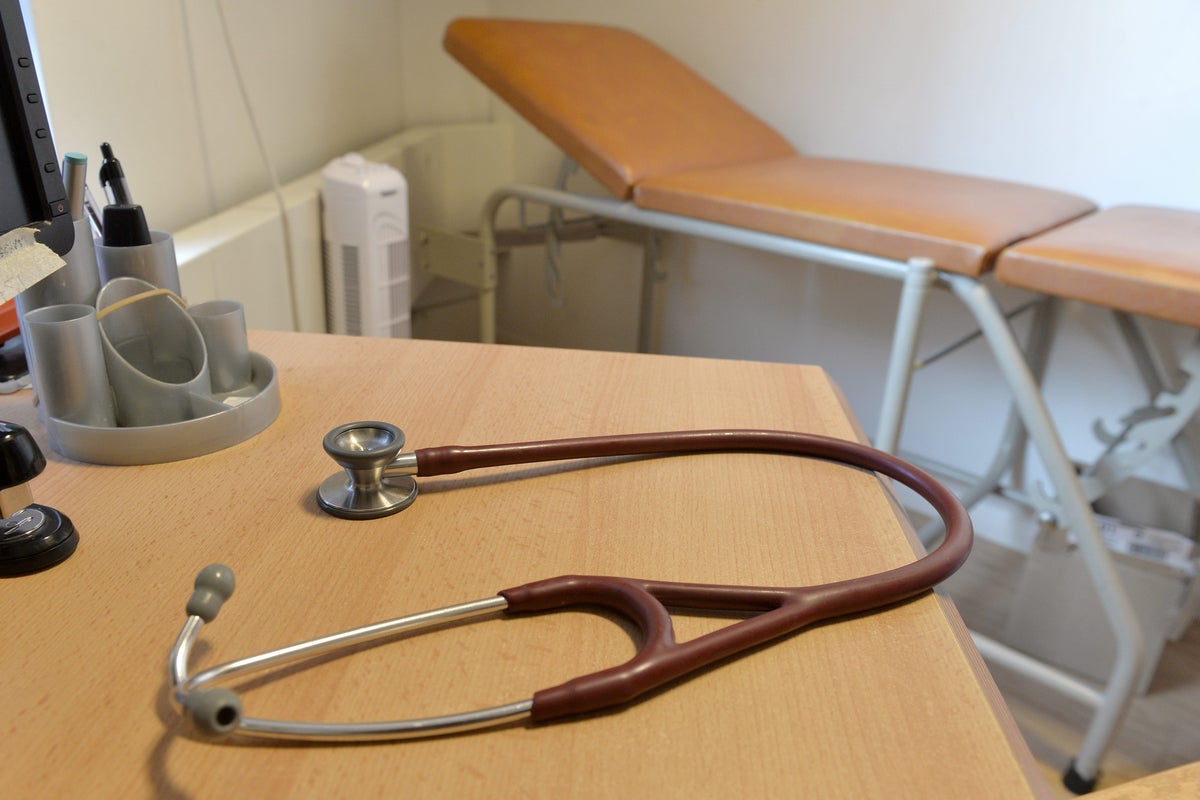
More than £2 billion saved from “wasteful” NHS spending is to be diverted to “working class communities that need it most”, the Health Secretary will announce.
Wes Streeting will use a speech in Blackpool on Wednesday to set out how poorer communities will benefit from more medicines and equipment – and a bigger share of GP funding – under reforms in the upcoming NHS 10-year plan.
The Department of Health said NHS leaders have spent recent months driving cuts to NHS spending, such as on “back office” functions and agency staff, while reducing forecast deficits by health trusts.
Around £2.2 billion previously set aside to plug financial holes will now be spent on staff, medicines, new technology and equipment in rural communities, coastal towns and working-class regions, according to the Department.
Mr Streeting will say: “The truth is, those in greatest need often receive the worst quality healthcare.
“It flies in the face of the values the NHS was founded on. The circumstances of your birth shouldn’t determine your worth.
“A core ambition of our 10-year plan will be to restore the promise of the NHS, to provide first-class healthcare for everyone in our country and end the postcode lottery.
“Last year, we sent crack teams of top clinicians to hospitals in parts of the country with the highest waiting lists and levels of economic inactivity.
“It has seen waiting lists in those areas falling twice as fast as the rest of the country, helping get sick Brits back to health and back to work.
“Thanks to the reforms we’ve made to bear down on wasteful spending, we can now invest the savings in working-class communities that need it most.
“Where towns have the greatest health needs and the fewest GPs, we will prioritise investment to rebuild your NHS and rebuild the health of your community.”
According to the Department of Health, GP surgeries that serve working-class areas receive, on average, 10% less funding per patient than practices in more affluent areas.
Royal College of GPs data suggests practices in some of England’s poorest areas have around 300 more patients per GP than the most affluent, it said.
The Government now plans to review GP funding and the GP contract so working-class areas receive their “fair share” of resources.
The Department of Health pointed to “years of neglect” in poorer communities, which it said often have the fewest GPs, the worst performing services and the longest waits.
NHSE chief executive Jim Mackey is behind the drive to cut planned deficits.
This year, deficit support funding will not go to systems that fail to meet their agreed financial plans and is being phased out entirely from 2026/27.
Any struggling NHS trusts will now be required to set out activity and costs in a transparent way.
Dr Amanda Doyle, NHS England national director for primary care, said: “It is essential that GP practices serving our most deprived communities, where health challenges are often greatest, receive a fair share of resources that reflect their need.”
Professor Kamila Hawthorne, chairwoman of the Royal College of GPs (RCGP), said: “A patient’s postcode and where they live should not determine the level of NHS care they receive, so a review of the funding formula for general practice – which currently does not account for health inequalities – is a good thing, something the college has campaigned for and is long overdue.
“Whilst GPs and our teams across the country are working under intense workload and workforce pressures, college research has shown that GPs in deprived areas are responsible for almost 2,500 patients per head on average, whilst those practising in more affluent areas tend to have patient lists of around 2,100.
“It can’t be right that people in deprived communities – who often have more complex health needs and would likely benefit from health interventions most – are less likely to receive it, because their GPs’ time is spread even more thinly.
“The RCGP has called for a review of all general practice funding streams so that more spending is channelled to areas of greatest need, so it’s good to see the Government is listening.
“It’s now vital that this review, announced today, is conducted in close collaboration with the British Medical Association as part of their negotiations for an improved contract, and an overall uplift to funding for delivering patient care in general practice.”
She said the RCGP had “heard rumours that the transfer of funding from secondary to primary care is set to be delayed until 2035 – something that would totally undermine the Government’s aspirations to shift more care into the community and ‘bring back the family doctor’”.
NHS Providers chief executive Daniel Elkeles said NHS trusts were “playing a key role in generating the savings that will help underpin this commitment”.
He said new funding approaches “will need to reflect the ongoing financial and operational pressures trusts face as they work to ensure the quality and safety of care”.
Mr Elkeles added: “Our recent survey highlighted trust leaders’ concerns over the impact of ongoing financial pressures.
“While the NHS must and will play its part in addressing health inequalities, it’s important to recognise that the causes of ill health lie predominantly in wider societal issues including education, housing and transport.
“Therefore it’s vital that we see a concerted and co-ordinated push across national and local government to deliver better health for all.”
The Health Service Journal reported that, under the 10-year plan, patients may also be able to have a say on whether hospitals should get the full payment for their treatment.
It said “patient power payments” are expected to be trialled in a handful of areas.
Survey ‘suggests political system poised for potential transformation’
Government ‘dangerously flat-footed’ in recovering £1.9bn of Covid loan losses
Government ‘passive’ in recovering £1.9bn of Covid loan losses, MPs warn
Foreign prisoners to be deported earlier under law change
Researchers hail success of scheme to protect capercaillie chicks from predators
Only around one in four children enjoy writing in their spare time – report







